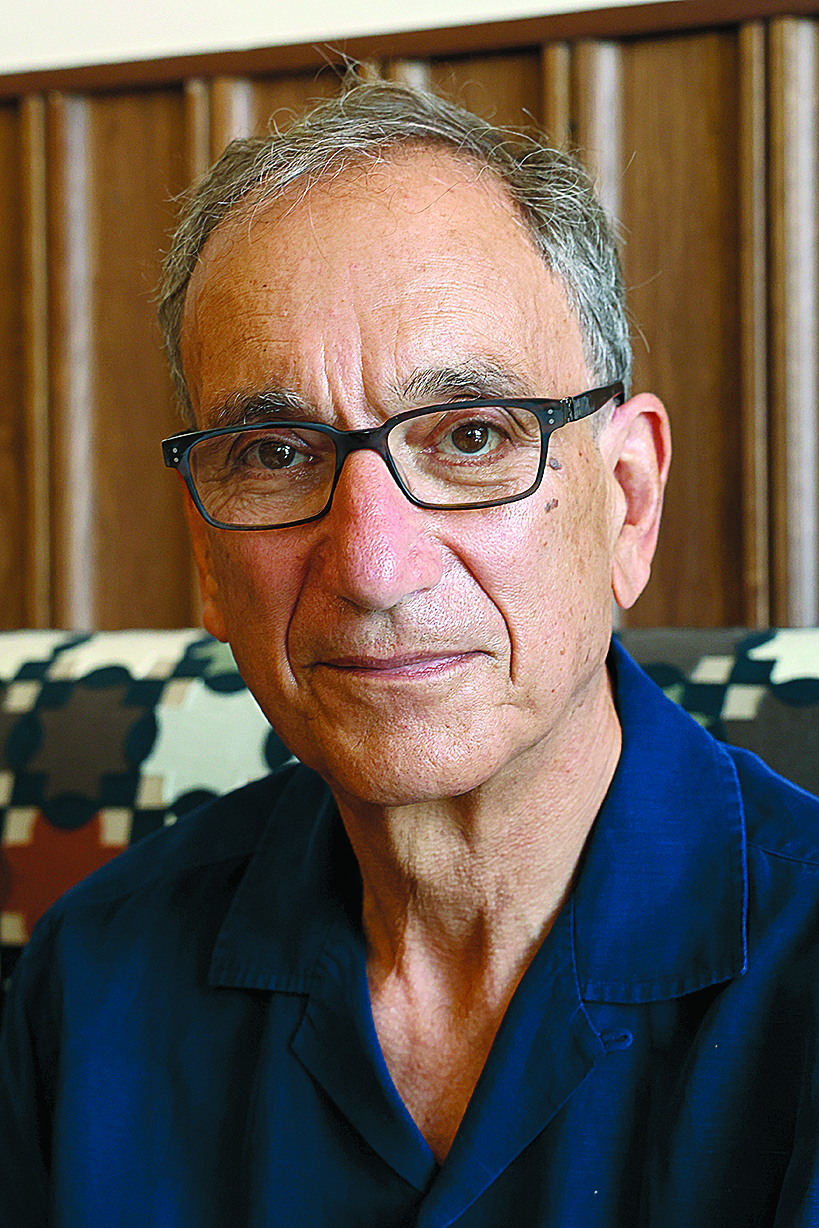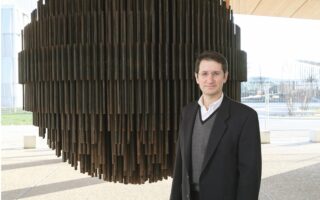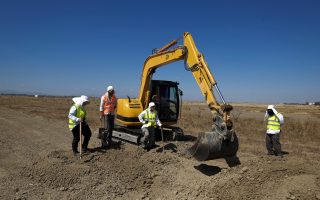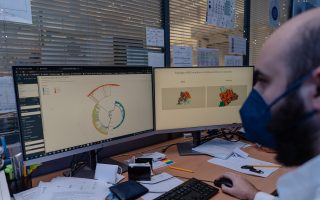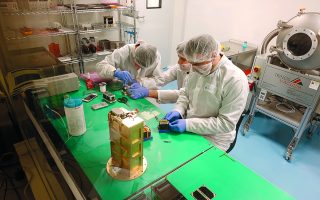Great Greeks of international biotechnology
Scientists working in high positions around the world talk to Kathimerini about the great opportunity presented to Greece
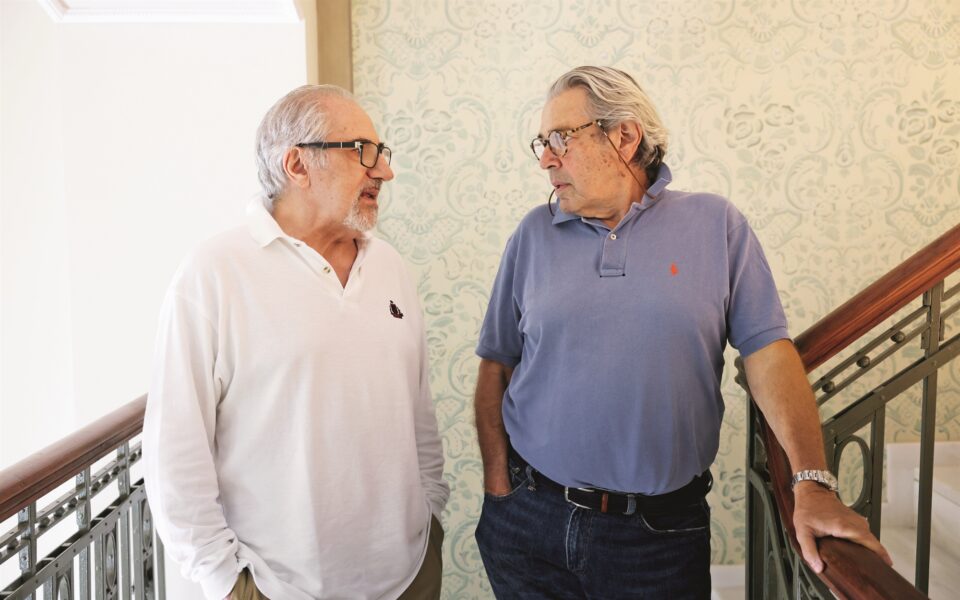
Dr Simos Simeonidis grew up in Athens. His father died of a heart attack at the age of 49, and his mother, although it would mean being separated from her only son, encouraged him to study in the United States, where he specialized in molecular biology and became a professor at Harvard Medical School. “I was fascinated by research, but I realized that, to be good, you have to be ultra-specialized. I wanted open horizons, to answer more questions,” he says. He decided to change course and became a student again, enrolling for an MBA at Wharton. He is the co-founder and chairman of TheraWave Bio, a biotechnology company that focuses on finding new treatments for neurodegenerative diseases such as Alzheimer’s and brain cancer. For the last five years he has been an investor in the field, “something difficult and risky, but exciting, because I am constantly learning new things.”
Dr Vangelis Vergetis left Greece as soon as he finished high school. With a degree in computer science and a doctorate as an electrical engineer, he began working as a consultant in the health sector. A few years ago, together with Dimitris Skaltsas, he founded Intelligencia in New York, which according to Forbes is among the 50 most promising American companies in the field of artificial intelligence. They have offices in the US but also in Greece. “It is very important for pharmaceutical and biotechnology companies to know how risky each clinical trial is. We calculate the chances of success and based on the percentages we give them, they decide how they will act,” he explains.
I heard many stories like those of Simeonidis and Vergetis in Thessaloniki, where almost 100 representatives of international biotechnology companies were present for their annual conference.
“Biotechnologia, the biotech meeting in Greece organized by the Fondation Sante, was created by the desire to do something in our country: We invite Greek and philhellene colleagues, we discuss current issues of medicine, pharmacy and biotechnology, and enjoy the beauties of our homeland – history, architecture, gastronomy, beaches. We started on Mykonos in 2001. Then came Rhodes, Halkidiki, Sounio, Corfu, Crete and Samos, and somehow we got to 20 meetings,” says Dr Stelios Papadopoulos from Thessaloniki, chairman of the board at Biogen.
‘We must defeat the huge, destructive bureaucracy that is holding us back. And, of course, [we need] to have a unified strategy’
He was the first to enter the field of biotechnology and paved the way for the next generations of scientists and entrepreneurs in the field, with a truly remarkable journey that took him from the Thessaloniki neighborhood of Charilaou to New York City.
Papadopoulos and Dr Spyros Artavanis-Tsakonas, emeritus professor of cell biology at Harvard Medical School and president of the National Council for Research and Innovation (NCRI), recently headed an eight-member working group that presented Prime Minister Kyriakos Mitsotakis with a report on how Greece could establish its place on the world map of biotechnology.
The group also included Greek-Canadian Xenia Kapori, with more than 15 years of experience in the pharmaceutical industry, Daphne Karydas, chief operating officer and chief financial officer at Flare Therapeutics, Alex Tzoukas, head of investments at Intelligencia, and Vassilis Kontozamanis, a former deputy health minister who has undertaken the coordination of the project in the next, more difficult phase: the implementation.
Apart from Karydas, everyone was present at the conference and, of course, we discussed what they suggested to the prime minister. They told me about the need to create a favorable ecosystem through structural changes and stability. All this will reduce the insecurity that investors feel for a country like ours, where each new government tears up most of what the previous one did, even the positive changes.
“Our proposals are fully feasible,” says Papadopoulos. “Whether they will be implemented, however, will depend on the interest that the government continues to show or not, and whether it will have the courage to proceed with the necessary institutional changes in research, universities and the financial framework. If all this is done, it will lead to positive effects on growth and the economy within a few years.”
“First of all, we have to defeat the huge, destructive bureaucracy that is holding us back. And, of course, we need to have a unified strategy. In Greece, usually the right hand doesn’t know what the left hand is doing! One ministry does not know what the others are doing. They must find a way to solve this problem. The other things that are necessary in biotechnology – education, business acumen, and appetite for work – are things many Greeks already have,” adds Artavanis-Tsakonas.
“I have seen a lot of students,” says Simeonidis, with academic experience at Harvard. “We have nothing to envy the Germans, the Dutch or the British. We lack continuity. We start something and abandon it halfway. And, of course, our Achilles’ heel is fighting among ourselves. The key to success in this field is a spirit of cooperation, and if, as Greeks living in the US, we have had so many successes, it is because Stelios Papadopoulos has instilled in us the value of teamwork.”
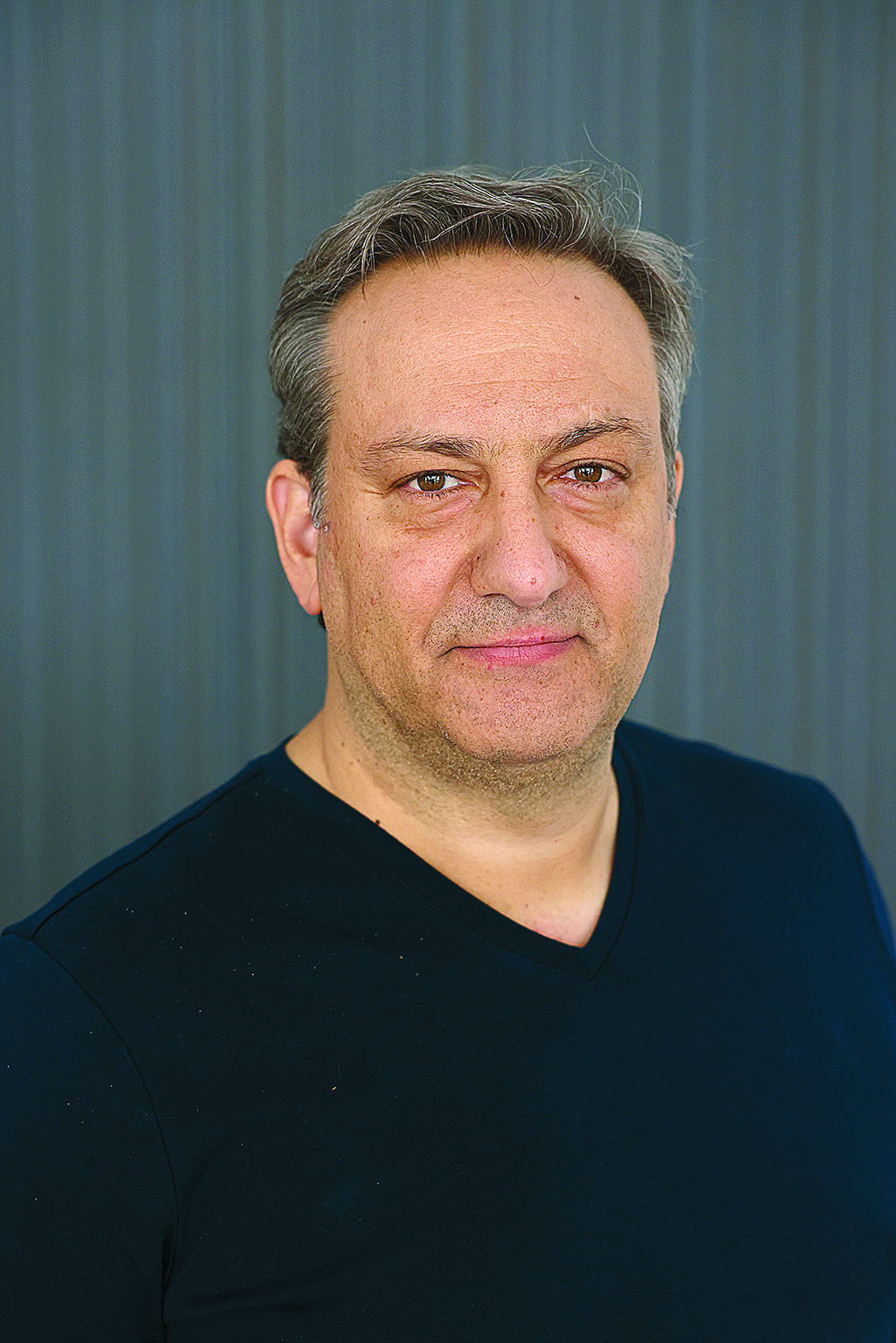
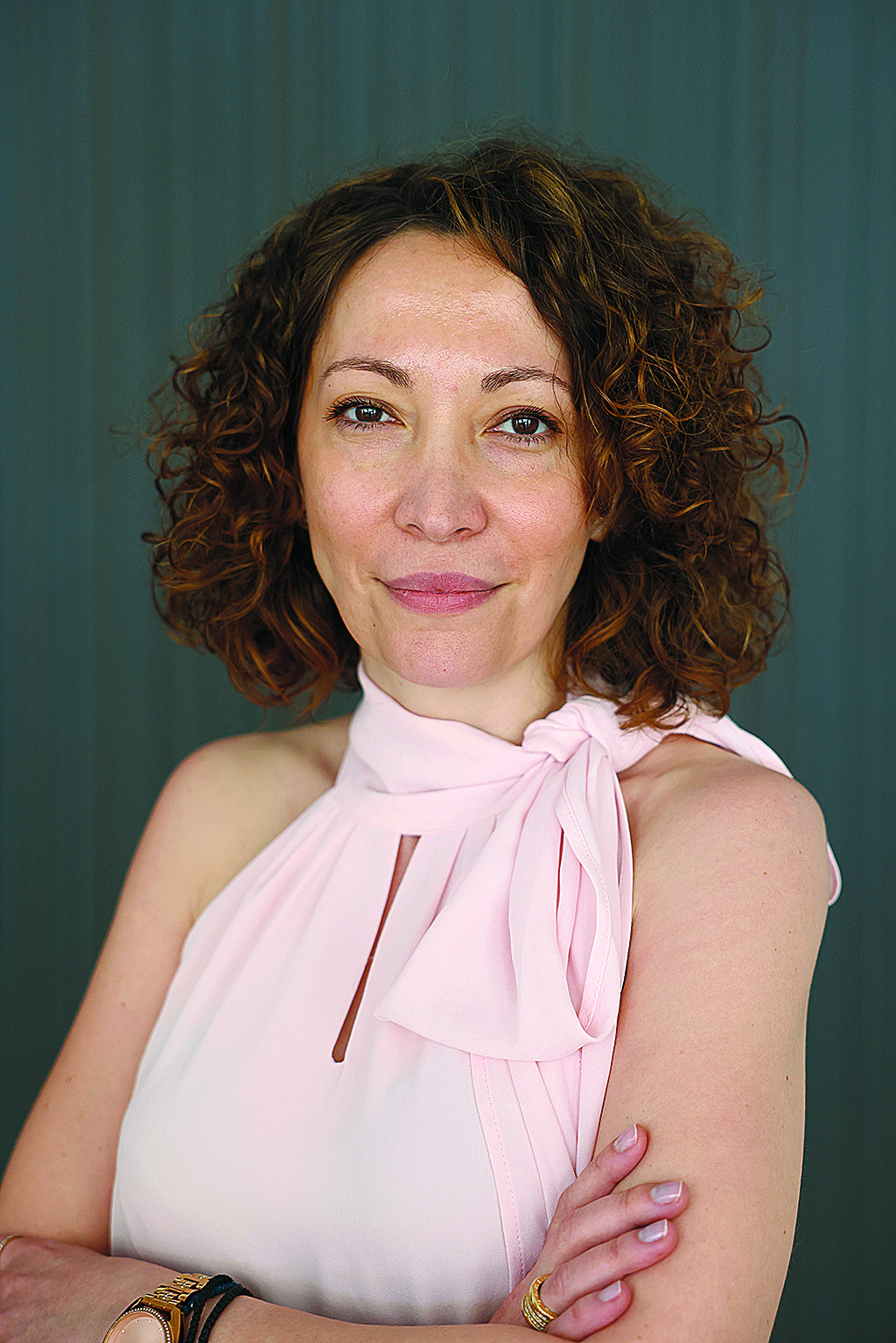
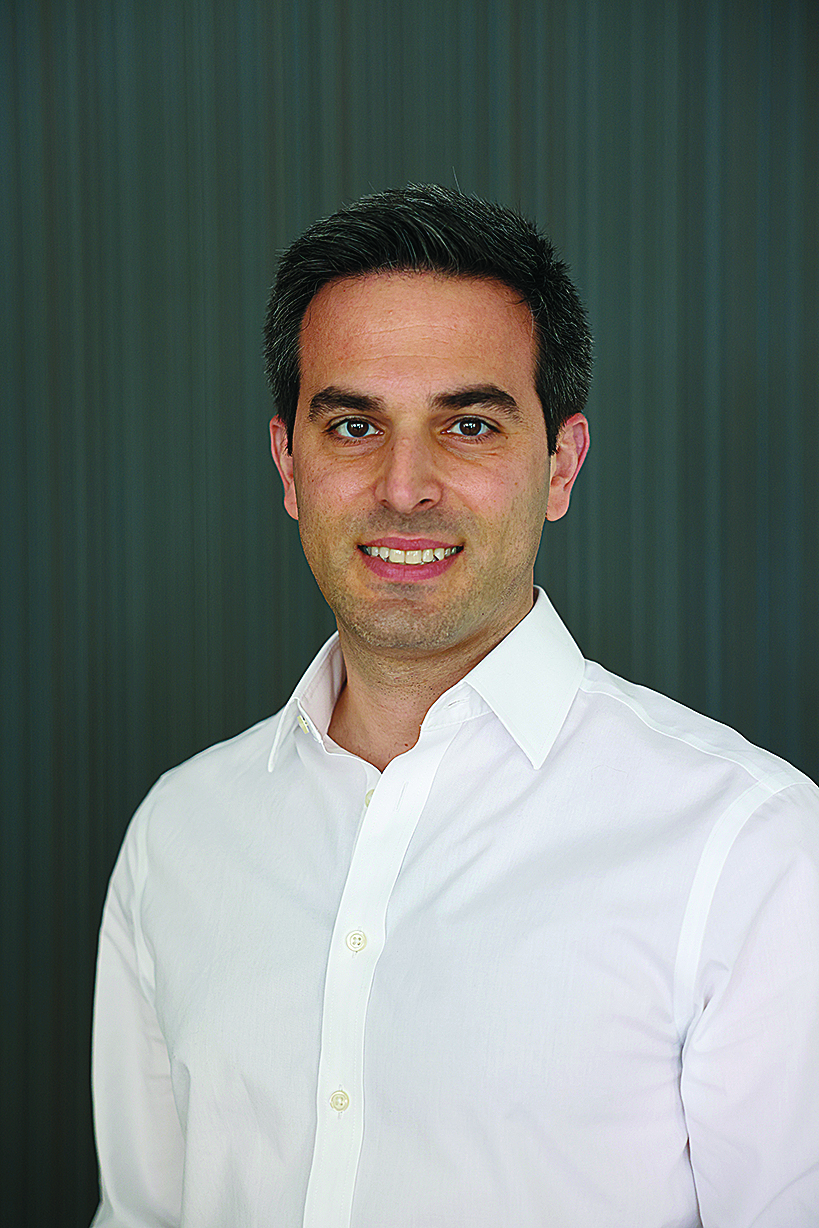
‘Everything we proposed can be done’
“Everything we proposed in the report can be done. But the political will of the government is not enough – an entire mechanism needs to be mobilized, and our country traditionally suffers there,” says Xenia Kapori. “The investors who will come [to Greece] will have to overcome the huge obstacle of bureaucracy. And then there are the mentalities that hold us back. On the one hand, there are people everywhere with an incredible appetite for work, whom the system usually does not take advantage of. On the other hand, most Greeks, instead of finding solutions, see problems everywhere. I’m not interested in hearing why nothing can be done, but how it will be done, and what ways will be found to overcome the obstacles.”
To enter the world map of biotechnology presupposes, as Kapori emphasizes, profound and substantial changes. “Without funding or a connection to entrepreneurship and with the constant obstacles raised by those who want to maintain their privileges at all costs, it is inevitable that young people who have a lot to offer will leave – along with their ideas. Finally, the country needs stability. Stability will bring investments. Why does every government change everything? Do we want to move forward or not? We should not play politics with our future.”
“What we proposed is not technically difficult. Why shouldn’t it happen? I cannot think of an insurmountable obstacle, other than the power of inertia,” agrees Vergetis. “We must start somewhere, get the first investors here, then things will fall into place. But without sloppiness. If, for example, a large company decides to invest in Greece but does not get its license in time, if things go wrong and it withdraws its interest, it will be catastrophic. Nobody will come after that.”
I put these questions to Vassilis Kontozamanis, adviser to the prime minister for health, who is now running the project. “Indeed, in recent decades we have seen studies on which massive resources were spent gathering dust in drawers. But this time, there is both the will and the conditions in place. We are not trying to suddenly become Israel, but we are claiming at least a small market share for a start. It’s the last chance: It’s now or never.”
Tzoukas agrees: “Our proposals, in order to pay off, require significant structural changes: the promotion of excellence and meritocracy instead of opportunism. In this way, the big biotechnology companies, on the one hand, will see an opportunity to invest in Greece and, on the other hand, our excellent young scientists – doctors, biologists etc – will see that an ecosystem is being built here that does not drive them away.”
We switch our focus from the specific – the team’s report to the prime minister – to the general: the strong Greek presence in such a demanding and competitive sector. What is it due to? “It is probably due to the fact that as immigrants who left our homeland for a better future, we feel that we do not have the choice of failure,” Tzoukas says. “If we find ourselves in an environment that motivates us and offers us the right tools, there is no way we cannot excel.”
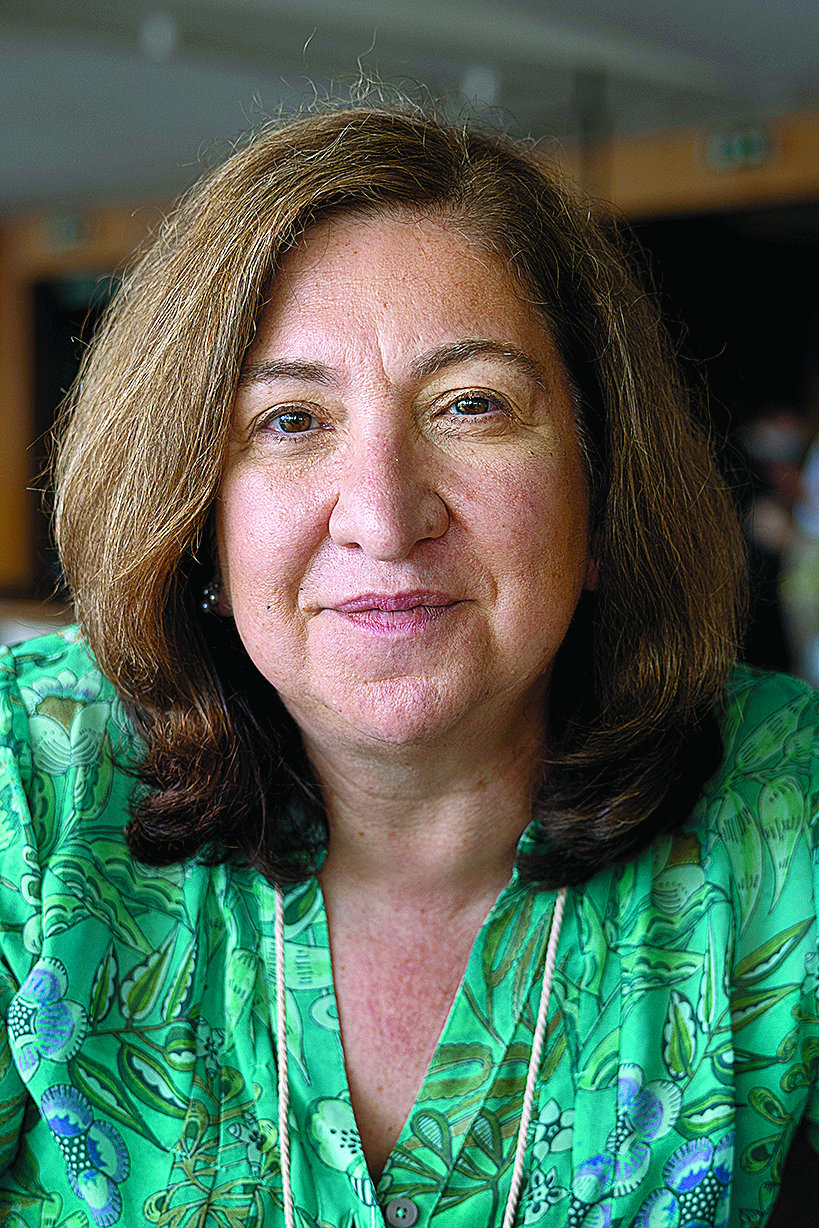
Talking to many delegates, I learned that in Boston, the center of international biotechnology, Greeks are the number one force after the Americans, followed by the Asians. The likes of Albert Bourla, Pfizer’s chief executive officer, George Yancopoulos, Regeneron Pharmaceuticals Inc’s chief scientific officer, Sir Mene Pangalos, executive vice president and president of BioPharmaceuticals R&D at AstraZeneca, Michel Vounatsos, Biogen Inc’s CEO, and many others, serve to prove the point.
I had the opportunity to meet two other prominent members of the Greek community at the Thessaloniki conference: Anna Protopapas, president and CEO at Mersana Therapeutics, a biopharmaceutical company specializing in the discovery and development of innovative therapies to treat cancer, and Dr George Scangos, a third-generation Greek American, president and CEO of Vir Biotechnology and professor emeritus of biology at Johns Hopkins University, who specializes in infectious diseases and began producing Covid-19 antibodies during the pandemic.
“The field of biotechnology is fascinating. You’re not motivated by profit – yes, you make money, but it is not an end in itself – but your desire to stand by the patient, to help him. And that keeps us in the sector for life. Look at me: I am 74 years old. Instead of settling with my wife on a Greek island and enjoying the sun and the sea, after so many decades of hard work, I am still working. I’m afraid there is no cure for this ‘virus!’” he says laughing.
